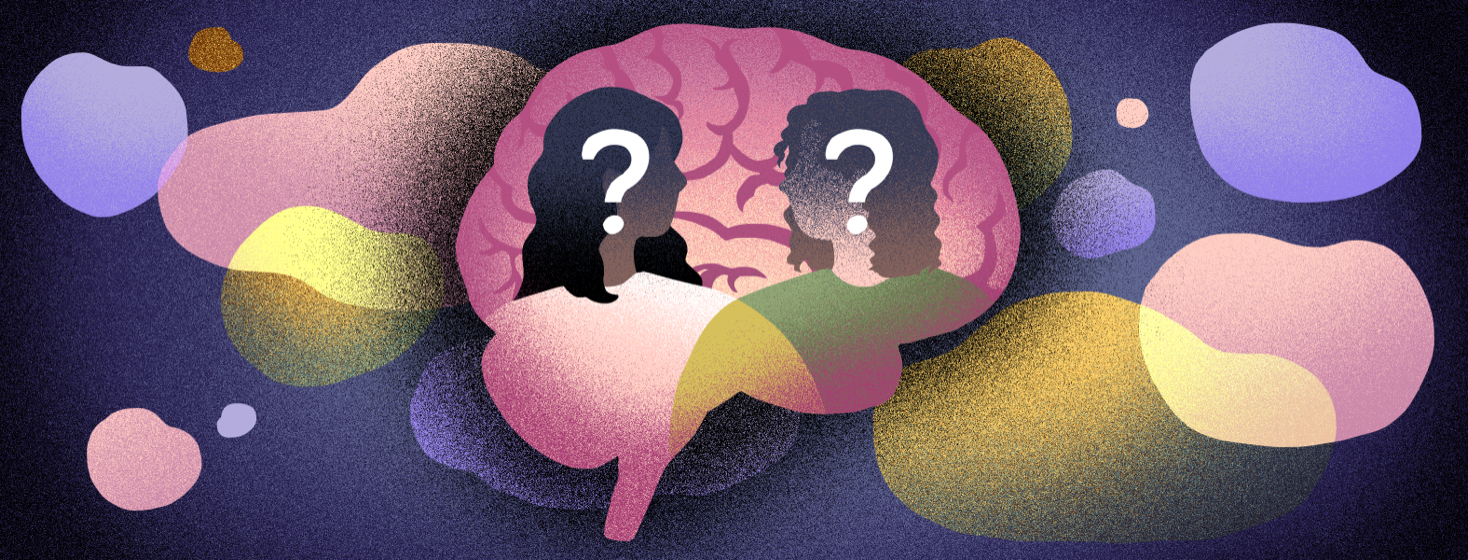Prosopagnosia (Facial Blindness) and Alzheimer’s Disease
Did you ever wonder why your loved one or patient with Alzheimer's disease has difficulty recognizing their loved ones? Or why they have difficulty recognizing someone's facial expression or facial cueing?
It is very difficult to watch people with Alzheimer's disease lose their ability to recognize their loved ones. It is truly devastating for everyone involved. I have experienced this both as a healthcare professional and a caregiver to both my parents with the Alzheimer's diagnosis.
Defining prosopagnosia
Prosopagnosia, facial blindness or facial agnosia, is defined as a neurological disorder characterized by the inability to recognize faces. The term comes from the Greek words for "face" and "lack of knowledge."1
There are 3 potential causes of prosopagnosia:2,3
- Acquired prosopagnosia – A person develops this at some point in their life due to lesions on the brain
- Congenital prosopagnosia – A person does not have brain lesions but does have mutations in their genetic makeup
- Potential connection to developmental disorders, but more research is needed to confirm this
Alzheimer's link to prosopagnosia
Alzheimer's disease is an irreversible neurologic disorder that affects various parts of the brain. Researchers believe that damage to a person's neural systems is what causes acquired prosopagnosia.2,3
The right fusiform gyrus is an area of the brain located in the temporal and occipital lobes. It controls a person's ability to perceive information from another person's face. This means that the person can visually see the other person. But their brain is unable to process that information correctly.2,3
This is an important distinction. Prosopagnosia does not occur because a person cannot remember an individual. Most researchers believe it is less involving memory and more related to a person's inability to process the visual information they see.2,3
So, what can I do to help?
I know that encountering a patient or loved one when they do not recognize you is heart-wrenching. There is no cure or reversal once the damage from Alzheimer's disease has occurred. However, there are a few things I have learned from research and experience that have helped me.
Here are 5 tips that can help when interacting with someone who has acquired prosopagnosia:
- When walking into a room, use your voice as soon as your loved one or patient has visual contact with you. Sometimes when people do not recognize your face they still recognize your voice.
- If you have facial hair, keep it consistent. Any changes in the length and color of facial hair can affect someone's ability to recognize you.
- Always introduce yourself to the person you are encountering. For example, as my mom's Alzheimer's progressed, I would say the following, "Hi Mom, it's Lynn Marie, your daughter."
- If you are a healthcare professional, show your healthcare ID badge as you are vocalizing who you are.
- Always be positive when entering a room, and keep questions very simple.
Awareness is key
I hope this helps educate and bring more awareness to the many complicated issues that result from Alzheimer's disease.
If any of you in our community have any additional tips that have been helpful, please feel free to share! I would love to know what is working for those within our community.

Join the conversation